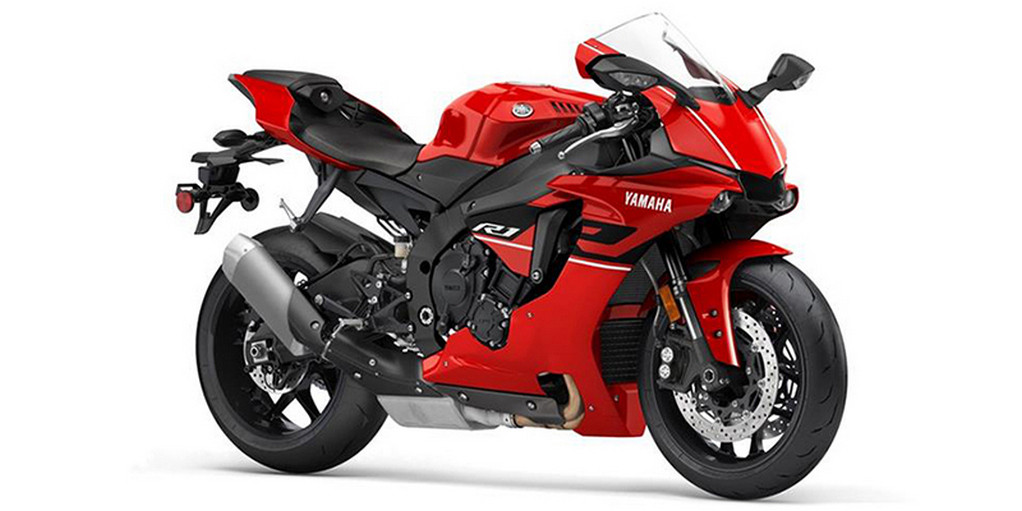Japan’s Yamaha Motor aims to bring synthetic-fuel motorcycles to Asia “very soon”, while it is more cautious about ramping up its offerings of electric two-wheelers in the region.
Synthetic fuels are made from bioethanol and other raw materials, and their use in passenger vehicles is seen as a step on the road to decarbonisation.
“Though we might have to tune some of the specifications, the current internal combustion engine will work as it is, even when (the tank) is filled with biofuel,” Yamaha Motor President Yoshihiro Hidaka said in an interview.
The company has already sold some sports motorcycles fueled by a blend of gasoline and ethanol in Brazil, and the company says it could roll out similar bikes in countries such as India and Indonesia “very soon.”
Yamaha is negotiating the details of such a rollout with authorities through local industry associations.
Asia accounts for about 80% of Yamaha’s annual shipments. As a part of its electrification strategy, the company plans to introduce more than 10 electric motorcycle models worldwide by 2024. But Hidaka said, “We are not in such a hurry to launch all kinds of electric ones in the Asian region.”
In several countries, Hidaka said the electricity supply is not very stable. That could make widespread adoption of EV vehicles difficult. Instead, as countries work toward decarbonisation, “we will start with models with low CO2 emissions, (such as synthetic fuel motorbikes) and gradually expand the lineup,” Hidaka said.
Although challenges remain in terms of bioethanol production and supply infrastructure, Hidaka sees reasons for optimism. “We have heard that the Indian government is enthusiastic about biofuels that can cut CO2 emissions,” he said.
Earlier on Monday, in an appearance on Nikkei CNBC, Hidaka discussed Yamaha’s work with Toyota Motor to develop a hydrogen engine. “CO2 may be treated as a bad thing, but I believe the engine itself is not,” he said.
“We have to seek a solution for internal combustion engines that do not emit CO2.”
Hydrogen engines employ the same kind of technology as conventional combustion engines, but with almost zero emissions because they burn hydrogen instead of gasoline.
Source: https://www.freemalaysiatoday.com/
Tags: Biofuels, India, Synthetic Fuels, tow-wheeler, Yamaha Motor



Recent Posts
GCMD Publishes Insights from Landmark Ammonia Transfer Trial Off Western Australia
GEODIS Releases 2024 Activity and Sustainability Report, Reaffirms Climate Commitment
Strengthening India-Norway maritime ties at Nor-Shipping 2025
Magenta Mobility appoints Nand Kumar Sharma to lead charging infrastructure & projects
CMA CGM Showcases Strategic Maritime Initiatives with India During Secretary MoPSW’s Visit to Marseille
Port of Brisbane Unveils Vision 2060 to Drive Smarter, Cleaner, and More Connected Future
Wärtsilä to Deliver Hybrid Propulsion Systems for Vertom Group’s New Low-Emission Vessels
Latvian port receives electric Konecranes Gottwald Mobile Harbor Crane